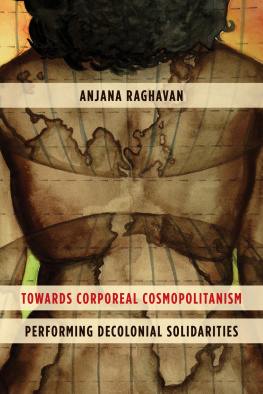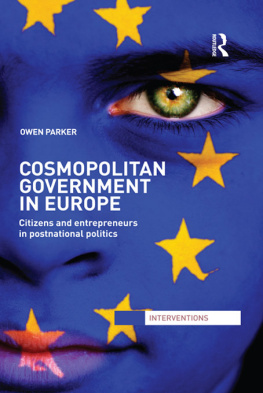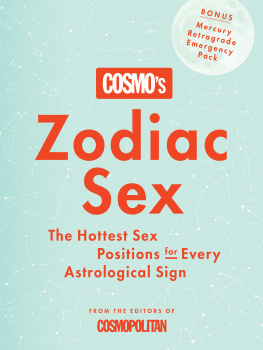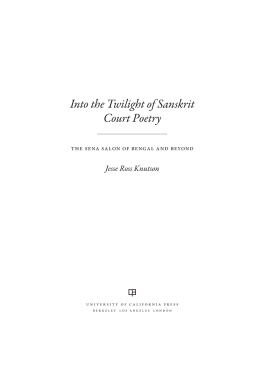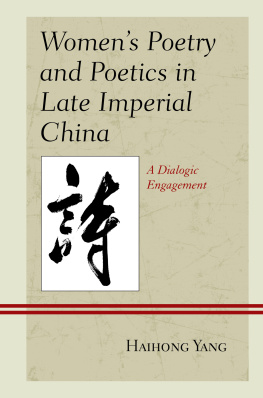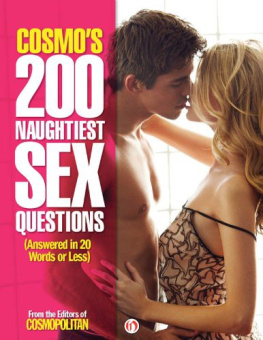COSMOPOLITAN BELONGINGNESS
AND WAR
COSMOPOLITAN BELONGINGNESS
AND WAR
ANIMALS, LOSS, AND
SPECTRAL-POETIC MOMENTS
MATTHEW LEEP
Cover image: Thomas Smillie, cyanotype, 1890. Smithsonian Institute Archives.
Published by State University of New York Press, Albany
2021 State University of New York
All rights reserved.
Printed in the United States of America
No part of this book may be used or reproduced in any manner without written permission. No part of this book may be stored in a retrieval system or transmitted in any form or by any means including electronic, electrostatic, magnetic tape, mechanical, photocopying, recording, or otherwise without the prior permission in writing of the publisher.
For information, contact State University of New York Press, Albany, NY
www.sunypress.edu
Library of Congress Cataloging-in-Publication Data
Names: Leep, Matthew, author.
Title: Cosmopolitan belongingness and war : animals, loss, and spectral-poetic moments / Matthew Leep.
Other titles: Animals, loss, and spectral-poetic moments
Description: Albany : State University of New York Press, [2021] | Includes bibliographical references and index.
Identifiers: LCCN 2020024816 | ISBN 9781438482439 (hardcover : alk. paper) | ISBN 9781438482453 (ebook)
Subjects: LCSH: Iraq War, 20032011Casualties. | Animal welfareMoral and ethical aspectsIraq. | Cosmopolitanism. | Human-animal relationshipsPolitical aspects. | War and society. | Derrida, Jacques.
Classification: LCC DS79.767.C37 L44 2021 | DDC 956.7044/31dc23
LC record available at https://lccn.loc.gov/2020024816
10 9 8 7 6 5 4 3 2 1
To the lost
Contents
Poems
Illustrations
Acknowledgments
I am grateful to the anonymous reviewers for their constructive comments and kind words. Many thanks are owed to Michael Rinella at SUNY Press for his support, confidence, and guidance. I offer my deep appreciation to my parents and sisters for their encouragement. I offer thanks to Walden Pond, Corniche Beirut and the Mediterranean Sea, Lake Superior, and Baha Honda. Jeremy Pressman deserves a special mention for his assistance on a variety of projects. I am forever thankful for Moszka, a wanderermy heart. I am grateful for the lifelong friendship of Adrian Butler (LA is infinite). I have been privileged to work with my colleagues and students at WGU. A special thanks to Kate Warrington and DJ Bradley for their kindness and support for my work. In no particular order, thanks also to the following individuals or groups for their inspiration, feedback, kind words, or other forms of support: Donna Lee Van Cott, Bangkok street dogs, Eileen Nizer, Sneha Subramanian Kanta, Shawn Berman, the folks at my synagogue, Congregation Sinai, Rafi Youatt, Cyrus (Ernie) Zirakzadeh, Bryan Benson, Jamie Mayerfeld, Christian Hunold, Jennifer Sterling-Folker, Doug Kriner, Susan Howe, Katherine Douglas, Cheryl Hall, Lee Jones, the ibises of Silver Sands and Hammonasset, Barry Sharpe, Bill Kakenmaster, and Garry Clifford. I also thank you, reader, for your engagement. Most of all, thanks to Alise. Your compassion for the world compels me to engage it differently, more deeply. I am forever indebted to you in far too many ways to list here. Amidst these red frogs and dune deer, I follow your heart to an oropendolas dream.
An earlier version of of International Studies 47, no. 1 (September 2018). The appearance of US Department of Defense visual information does not imply or constitute DoD endorsement.
Introduction
Cosmopolitan Elegies
Naming assures a kind of longevity and survival, writes Jacques Derrida. The nameless lost animals are often neglected or maintained in abstractions, disciplined and distant. The losses, tallied or unrecorded, are untethered from the lived moments of life and death. Who are these animal others? Who are we when we imagine their voices?
Derrida claims that we owe ourselves to death (nous nous devons la mort). These losses in Iraq move toward us, withdrawing and escaping, appearing within the nowhere space of the poeman elegiac space for the animal other. Perhaps we owe ourselves to these losses, to the memory of the lost, to the poetic voice of a specter. Cosmopolitans would do well to consider this voice. This voicefinding us within a spectral-poetic moment. Engaging this voice will likely bear little resemblance to most accounts of war. But this engagement opens us to thinking about how to live differently in and with the world. This endeavor also raises critical questions about how to write about, with, and for a multispecies world. Perhaps elegies can generate meaningful reflection on nonhuman moments of loss and our posthumanist responsibilities. In cosmopolitan elegies, we might recall the ends of worlds, our debt to the distant heart of the other, traces of unknown interiorities.
Across bordersa debt, a voice. For traditional cosmopolitans, borders and other boundaries considered to restrict the scope of justice are irrelevant roadblocks in appreciating our responsibilities to all in the global Yet possibilities of memories from and connection to the lost are typically not central to the intellectual project of cosmopolitanism. Moreover, there is little attention to the interiority of life becoming lost to war, and only faint concern for how the lost still might move toward us, within the elegiac space of a poem. What if we subject cosmopolitanism to these spectral-poetic demands of justice?
This book aims to generate shifts in cosmopolitan thought toward an imaginative memory of the distant and often unknown animal others lost to war, toward a poetic memory of and from the other, toward the others experience and time of loss. Put another way, this book seeks to articulate a multispecies cosmopolitanism that addresses the following questions: How might we encounter and connect to the loss of distant, mostly unknown animal others of war? How can we approach the interior life of animals lost to war? These queries stimulate cosmopolitanism to become something else, something more posthumanist and poetic, something less interested in telling us about justice and belonging and more conversant with animal ghosts. It is a spectral-weaved cosmopolitanism embodying this impossible hope.
Cosmopolitanisma rich philosophical tradition, a varied set of aspirations for global justice, a sense of debt to distant others across boundaries and bordersis always a kind of possibility. There is a vibrancy, fluidity, and dynamism to it. Cosmopolitanism always seems to resist closure, seems to stretch alive with voices calling from pasts and futures, pressing us about the meaning(s) of distance, connection, loss. This book anchors itself to these poetic voices, the incantational voices of animals from the Iraq Warunveiled, pursuing and interrupting usfrom the past and from within ourselves. The interactions of the living must be interrupted, the veil must be torn toward the other, the other dead in us though other still, writes Jacques Derrida. other, for the other (though always irreducibly other). The unknowable voice, their impossible presence, losthere is a space for arrival, for interruption, for belongingness. Belongingnessa pursuit to be-with, a being-followed by and following of the poetic voice of the other. A spectral-poetic chasing of the lost, an attempt to keep company with animal ghosts.


